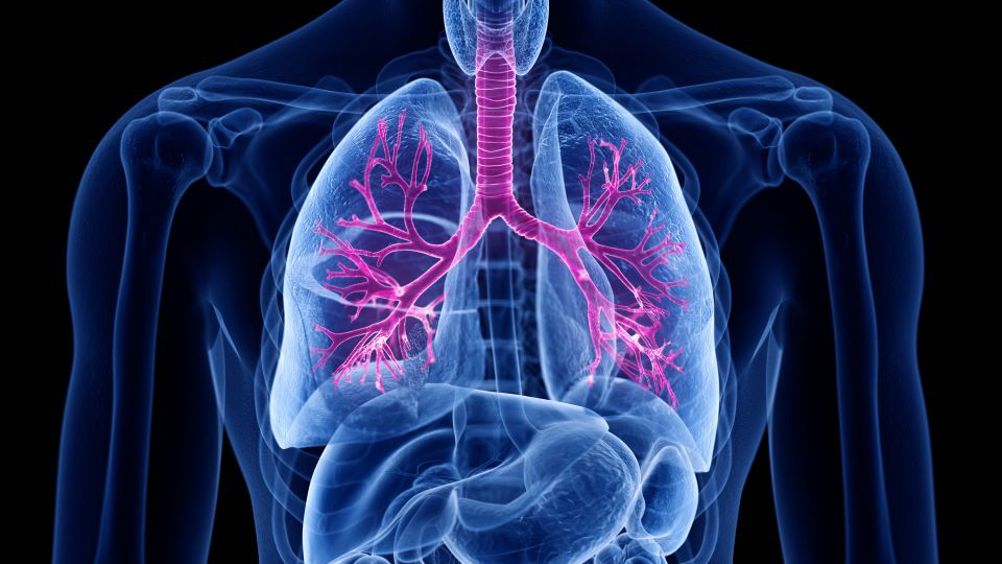Wearable sensor monitors breathing for signs of illness
A wearable sensor that accurately monitors and detect changes in people’s breathing has been developed by a team of researchers in the UK.

Set for clinical trials, it is hoped that the device – thought to be the first of its kind – can be used in healthcare settings and in the home to provide an early warning for declining health.
The work was led by Nottingham Trent University, Southampton University and University Hospital Southampton, and involved med-tech company Zelemiq Ltd. Their work is detailed in Sensors. The project was funded with almost £1m from the National Institute for Health Research (NIHR) and is being advanced within the NIHR Southampton Biomedical Research Centre.
Changes in breathing rate can often be the first sign of patient deterioration in several diseases, including sepsis and COVID-19.
Common chronic respiratory diseases, including asthma, sleep apnoea, and chronic obstructive pulmonary disease, currently affect more than 435 million people globally.
Consequently, there has been a push to develop methods for non-invasively and efficiently measuring respiratory rate, along with having a medically acceptable accuracy.
Register now to continue reading
Thanks for visiting The Engineer. You’ve now reached your monthly limit of news stories. Register for free to unlock unlimited access to all of our news coverage, as well as premium content including opinion, in-depth features and special reports.
Benefits of registering
-
In-depth insights and coverage of key emerging trends
-
Unrestricted access to special reports throughout the year
-
Daily technology news delivered straight to your inbox










Fusion inches closer as ITER completes magnet system
I believe the purpose of ITER isn't to make usable power, it is a research project which will be used to design the first generation of actual...